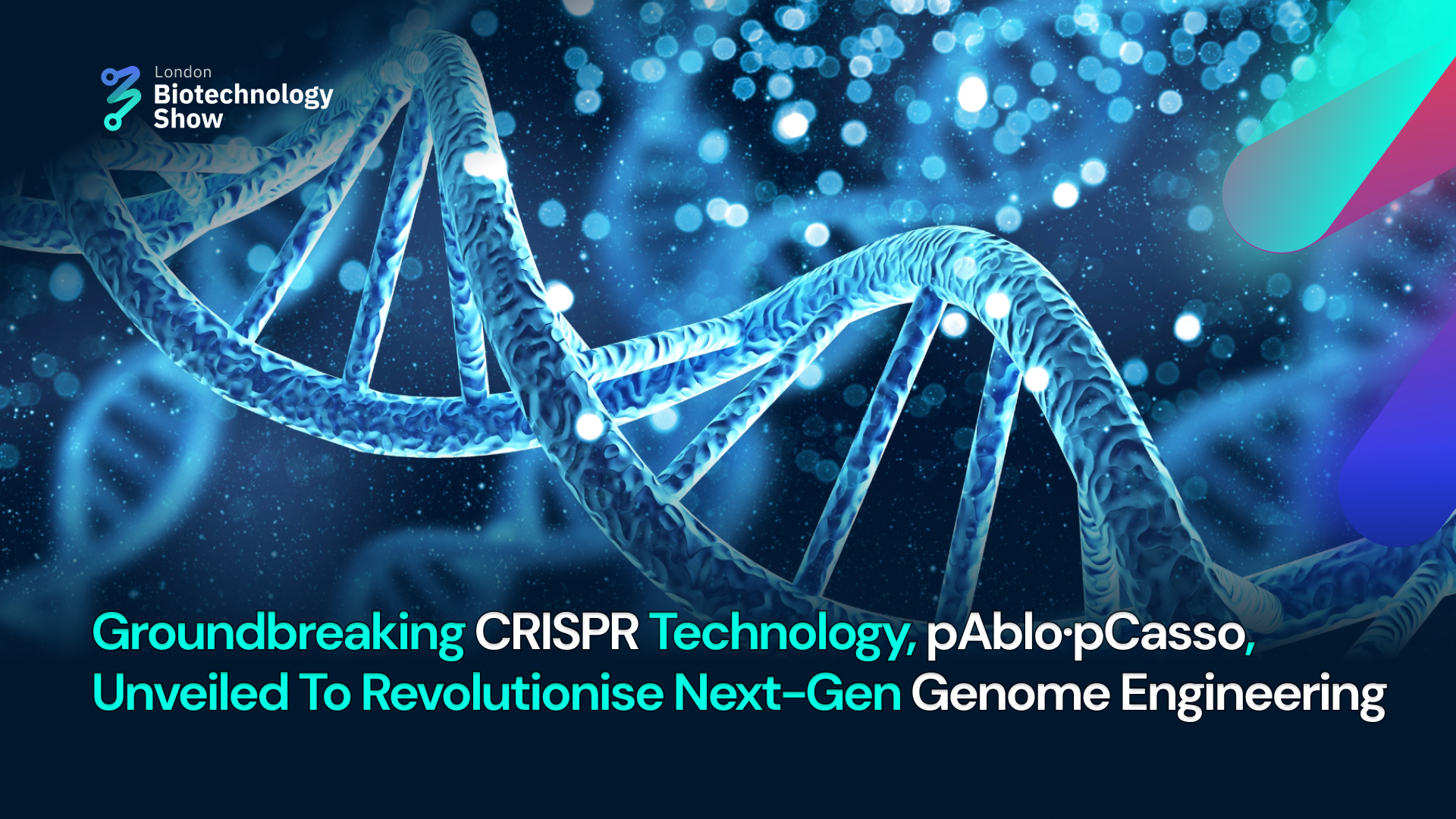15 Jan, 2024: Scientists have unveiled a novel CRISPR-Cas toolkit called "pAblo·pCasso" to transform bacterial genome manipulation by offering unmatched precision and flexibility in genetic alteration. Created by scientists at The Novo Nordisk Foundation Center for Biosustainability (DTU Biosustain), this innovative technology broadens the scope of genomic regions accessible for base editing and significantly speeds up the process of enhancing bacteria for various bioproduction endeavours.
pAblo·pCasso establishes a groundbreaking benchmark in CRISPR-Cas technologies. An essential advancement involves facilitating exact and reversible DNA modifications within Gram-negative bacteria, a task previously unattainable with existing CRISPR systems. This toolkit employs tailored fusion enzymes, where modified Cas9 is linked with editor modules CBE or ABE. These components function akin to molecular pencils, allowing precise alterations to targeted DNA nucleotides, thereby effectively regulating gene activity.
The development of pAblo·pCasso required overcoming notable hurdles. Conventional CRISPR-Cas systems faced constraints due to their reliance on specific DNA sequences (PAM sequences) close to the target area, resulting in less accuracy when attempting precise alterations at single-nucleotide levels. pAblo·pCasso surpasses these constraints by integrating sophisticated Cas-fusion variants that no longer necessitate specific PAM sequences, thus broadening the scope of potential genomic editing sites.
Moreover, its ability to conduct reversible edits, facilitated by specialised enzymes, enables temporary alterations crucial for dynamic and controlled gene studies.
In a press release published by DTU Biosustain, Professor Pablo I. Nikel from DTU Biosustain says, "With pAblo·pCasso, we've broken the barriers of traditional CRISPR technology. This toolkit opens up new possibilities for bacterial engineering, bringing us closer to program efficient and sustainable bioproduction with engineered bacteria."
Postdocs Dr. Ekaterina Kozaeva and Manuel Nieto-Domínguez added, "A major novelty of this approach lies in its ability to access and engineer previously unavailable sites for genome editing while leaving no traces afterward. We can now create bacterial cell factories in days instead of months. Tools like the pAblo·pCasso plasmids redefine our approach to genetic manipulation of bacteria, especially atypical ones that are usually more difficult to engineer."
This technology significantly boosts the abilities of both researchers and industries to manipulate bacterial cell factories. By streamlining the process of making quick and accurate genetic changes, pAblo·pCasso speeds up the advancement of bacteria for various bioproduction purposes, ranging from pharmaceuticals to biofuels, in line with sustainability objectives.

